I’ve never met Leorsin Seemanpillai (‘Leo’ to his friends) and I doubt that most of the hundreds of people crowding into St Mary’s Basilica in Geelong have ever met him either.
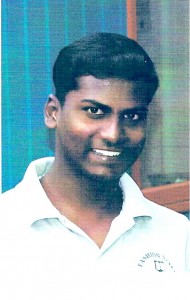 But what has united us all today and brought us together is this young man’s shocking death by self-immolation last week. Before the prayer service to remember his life of less than thirty years, we sit silently, stunned by our feelings of shame, sadness and, yes, powerlessness to have been able to prevent the traumatic death of this Sri Lankan asylum seeker on a bridging visa, awaiting news on his protection visa.
But what has united us all today and brought us together is this young man’s shocking death by self-immolation last week. Before the prayer service to remember his life of less than thirty years, we sit silently, stunned by our feelings of shame, sadness and, yes, powerlessness to have been able to prevent the traumatic death of this Sri Lankan asylum seeker on a bridging visa, awaiting news on his protection visa.
As we wait pictures of this young Tamil man play on a screen above us – Leo smiling with friends, by the sea, at the beach. A young man with the usual hopes and dreams. It’s too much to watch. I turn away and my eyes light on one of the Stations of the Cross that adorn the wall of this Catholic basilica.
It’s Jesus’ dead body being taken down from the cross and laid in his mother’s arms. I’m a battle-hardened former Catholic but this contemporary pieta moment brings tears to my eyes.
Leo’s friends approach the lectern and recall what they loved about him. Robert, his friend who knew him for 25 years and came with him on the same boat from the refugee camps of India says he misses Leo very much. Through a Tamil translator he remembers some ‘small’ things about Leo, particularly his concern about the children on the boat.
Cathie from Geelong who knew Leo for just a year remembers his generosity. He was a frequent blood donor, even the day before he died and often donated money to an orphanage.
Michael Martinez, the head of Diversitat, Geelong’s major ethnic support organisation for which Leo worked, says his co-workers above all recall his beautiful smile and a poem Martinez reads says in part: “A simple smile like mine could travel round the world.”
The service concludes with a lively Tamil song celebrating the liberated soul, voices and drumming echoing in a Basilica more used to pious hymns. How could this generous young man have slipped through the cracks of the system and been lost?
It’s probably not the occasion to mention Australia’s cruel asylum seeker policy which has run rough-shod like a juggernaut over public empathy but I’m shivering now in this massive building and it’s not just because it’s Winter.
This is a policy that has been responsible for a murder on Manus Island and countless acts of self-harm done by asylum seekers. Refugee advocates have been calling on the Federal Government to reverse its policy of returning Tamils to Sri Lanka. How did we get to this position, one lacking such empathy for the vulnerable?
More than three years ago the Australian Psychological Society published a report about its concerns for the mental health of Asylum seekers. It seems many are falling through the cracks but perhaps there are just too many cracks in this very broken system.

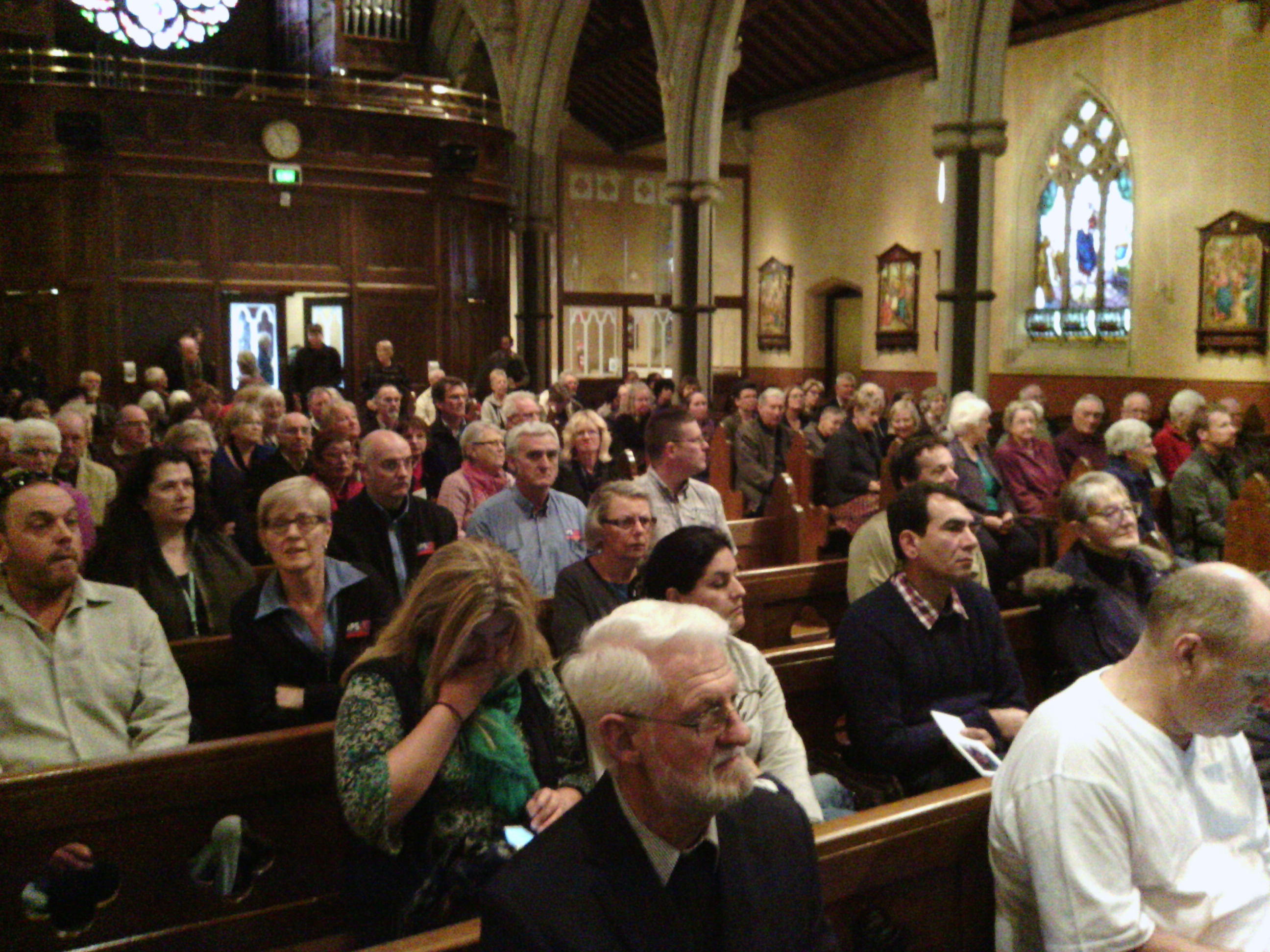

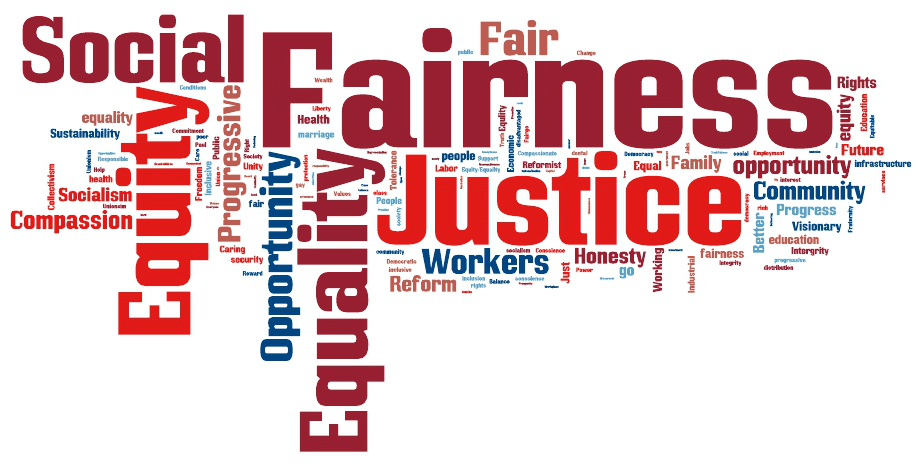
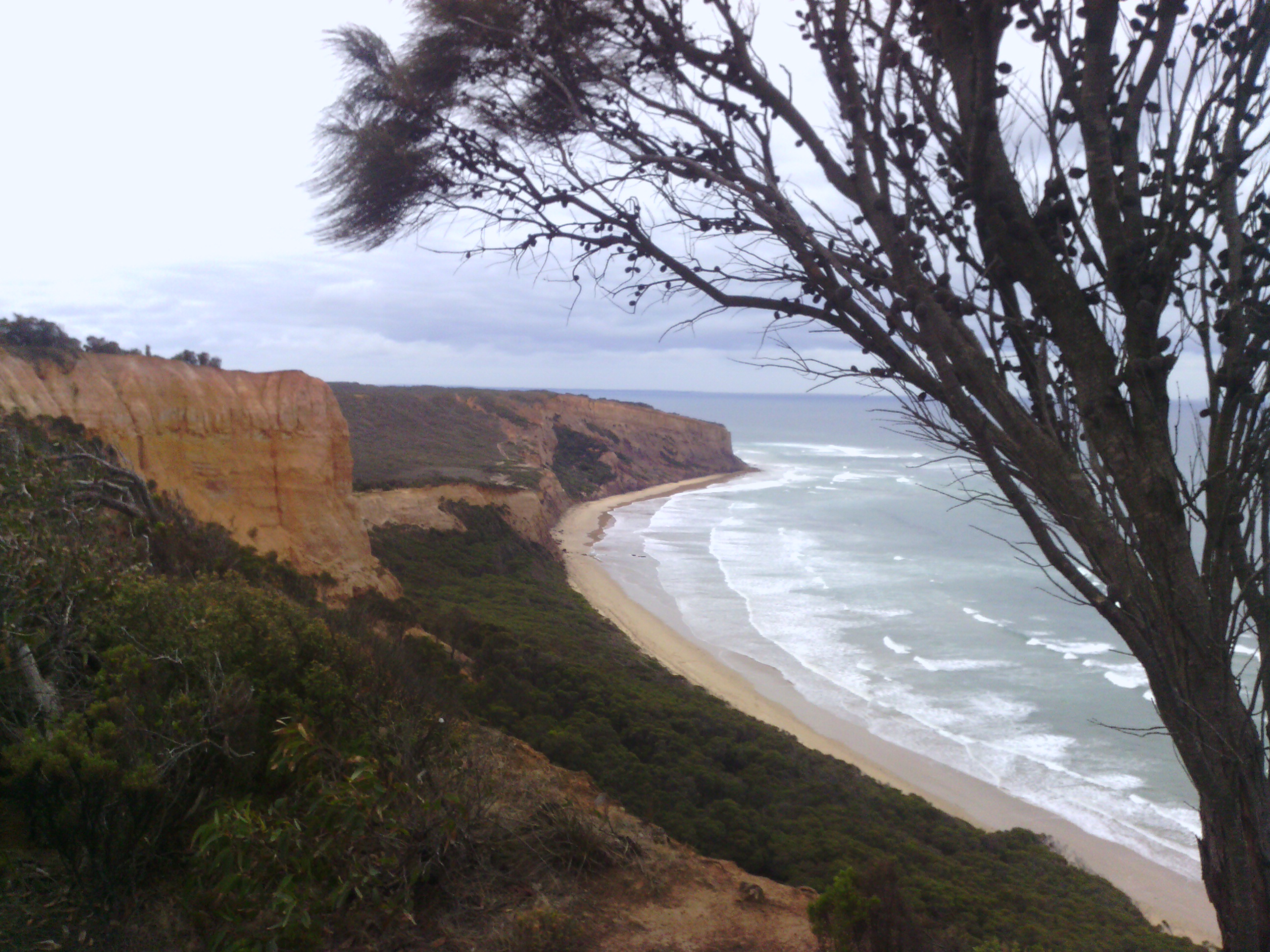
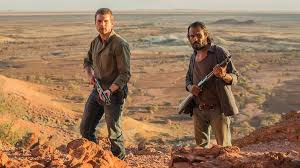
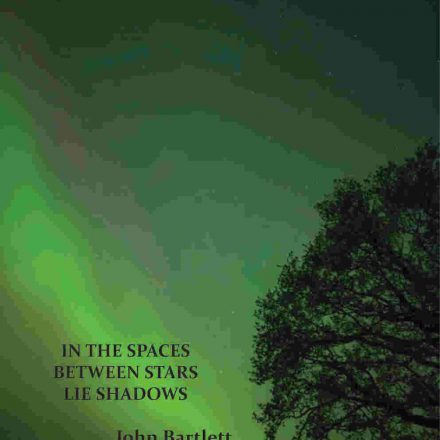
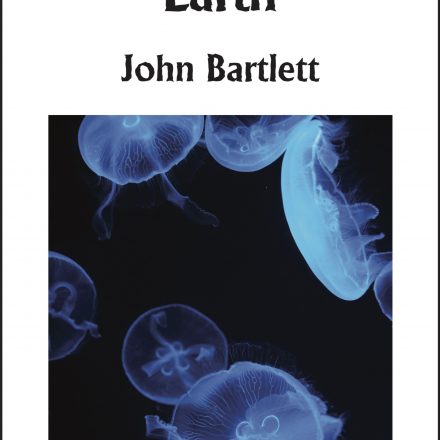
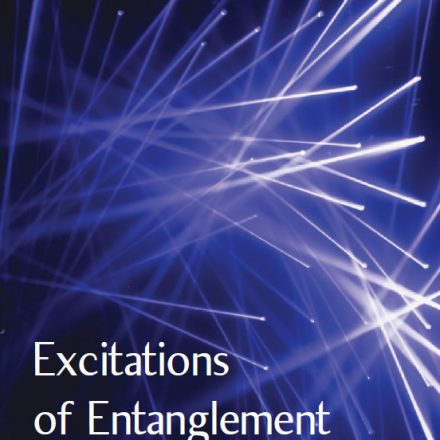
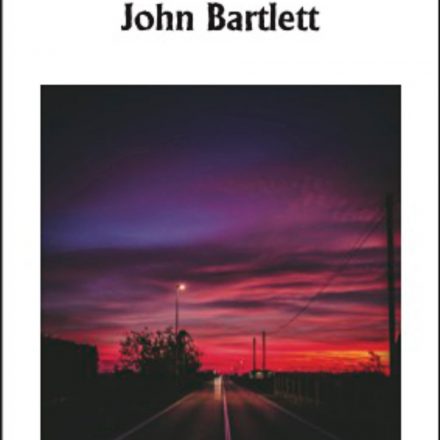
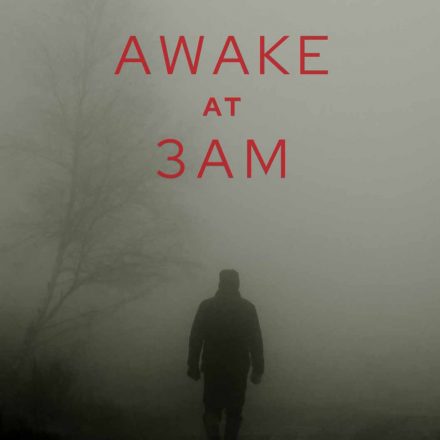
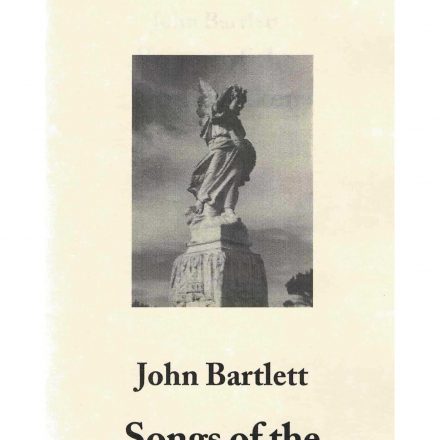
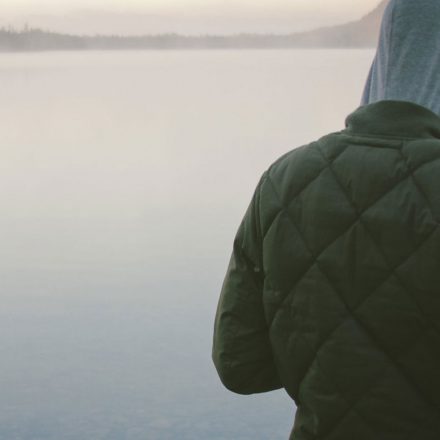
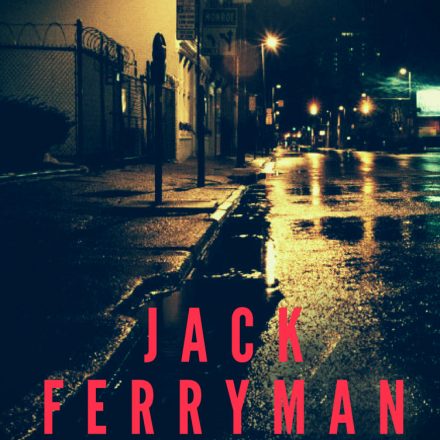
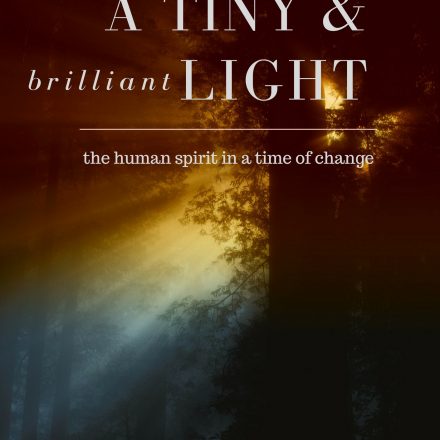

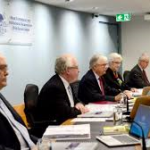
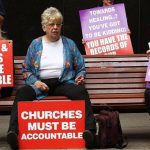







The death of Leo Semanpillai is a tragedy.
I share the views on detention offshore, particularly of children. I have no issue with comments here. Australia has a proud history of accepting and assimilating refugees – more than 250,000 since 1975 have become citizens.Current policy has drawn a line here. Current policy is a humanitarian failure, poor policy ….
I just have a respect for facts.
Leo was no doubt a caring, wonderful young man, but this does not make him a refugee. We as Christians need to take care that our comments are informed and reasoned and not likely to cause deeper hurt. There is too much of “political views” and emotions around about the commentary. Let’s talk about what we know, from media.
After arriving here by boat he was given a bridging visa and quick release into the community, where he was shown kindness and found work. He avoided extended detention [12 weeks onshore in total.] Must repeat this – Leo avoided extended detention. There has been, of course, a change in policy along the way. Leo’s case was receiving ongoing consideration. Tragically, he committed suicide.There is some question of his refugee status and friends describe him as feeling insecure at the thought of being returned to Sri Lanka. Not a lot is mentioned of his existing mental illness. The process he was going through was following standard refugee protocols for assessment and are similar across the world in countries with a humanitarian refugee program, including Sweden and the US. In fact, Australia’s recognition of refugees is widely recognised as lenient [this is another aspect of the program the government is trying to change, but this is another issue]. In 2012, Sweden had more than 25,000 applications, with just over 3000 recognised as refugees and resettled. Australia had a slightly higher figure of applicants, with more than 80 per cent recognised as refugees and resettled.
It’s interesting that the government is accused of not following UN protocols on asylum seekers through extended offshore detention. Fair enough. But in this case, those protocols were followed.
Let’s look at Greens policy for example on this issue, recognised as a most generous and liberal policy on refugees.The Greens have 5 Principles on refugees. Principle 5 says “Australia must assess applications for all asylum seekers who arrive, irrespective of travel.” Principle 3 policy says “Australia must enact its humanitarian and legal obligations under 1951 legal protocol.” Leo, arriving by boat, was processed in this way. This was done for Leo.There is no reason to believe that if the Greens were in power, the outcome would be different.
There is nothing to suggest that the system was not working in any way but the way it should be – testing claims to a need for asylum. One difficulty is clear – Leo already had asylum, in India, in some ways regarded as an ideal model of refugee care by the UNHCR. There are, of course, some limitations on Tamil refugees there, but there are rights to travel, work, education etc. The process Leo was going through would have explored with Leo his claim to asylum; it would also have explored questions of home country? What ongoing persecution would he face in India? [Over half the refugee Tamils of India were born in India.]
So what do we do with failed asylum seekers? Is there a way of detecting tendency to suicide? Should we have policy on fast tracking the mentally ill? Is this what people are suggesting? No party has suggested that; there is debate about bridging or temporary visas. There are good arguments for and against these visas [Leo was clearly ill; it may have been the illness that drove him to flee India, but we don’t know that.] Now the other main criticism made here seems to be that Australia was slow to process his application. Yet Australia’s processing times are comparable to other nations – Canada is 3 to 5 years [outside of designated countries. Sweden has designated Syrian refugees for fast tracking; USA have Bhutanese and Iraqis fast tracked. Australia does not have designated fast tracked countries.] Also, the process is very difficult, especially when information has to be checked over multiple continents. He claims to have been tortured in his brief visit to Sri Lanka. There’s this suggestion that its a deliberately slow process here but there is no evidence for this and ignores the complexity of the process. His application would have been tested, with medical tests etc. Changing stories can slow this process down. His case manager met him every fortnight – hardly a neglectful situation. In fact, internationally, best practice.
So again let’s recap what we are told, just to be clear. A man left a safe refugee camp in India where he was raised since 5 years of age, arrived in Australia by boat, was given a bridging visa and quick release into the Australian community. He found work and settled, was shown kindness by a community, experienced ongoing consideration of his case, received treatment for his mental illness, and with no confirmation of the final outcome of his case, suicided for unknown reasons. Leo, who had previously suffered depression and was on medication, showed no signs of suicidal tendencies [he was visited several days before his death by a case manager.] Friends describe the man having a feeling of insecurity at the prospect of being returned to Sri Lanka [although his family live in India; his visit to Sri Lanka was described as brief.]
The truth of Australia’s offshore detention [not the wider refugee policy – which continues, week to week, unacknowledged, although slightly scaled down by the Liberals] is awful. What I find difficult to accept is the attempt to link his death to detention and current policy. This is factually wrong and disingenuous. Detention is bad enough without turning a mentally ill man’s suicide outside of detention into political fodder, to convince us of the horror of offshore detention. This issue is mightily complex. You need to read and research a lot to write just a little, not the other way around, but the animus generated by this issue and the way the government is responding seems to have made the reverse true for many.
Here is what also irks me. Suicide is normally dealt with carefully. Be very careful at what is said, how it is said. Else risk affecting others. There is great care with suicide to avoid blame; mental health experts emphasise that people can easily feel guilt. Suicide is a bad choice. Not this care and concern in this case. Let’s play politics! I am disgusted by the homily at his funeral.This is a real case with real people involved. Churches have used their authority to talk of the injustice and the mean system. The response to Leo’s death has caused great grief to some people who dealt with Leo. Some, I believe [and this cannot be said is fact, its what I have heard through word of mouth] are now under close watch and care. I believe that up to 32 Australians died of suicide the week Leo died. One I knew. Mentally ill like Leo, but unlike Leo, homeless and without medical treatment. Unlike Leo, very alone. Mental illness, suicide, can hit anyone, anywhere, at any time.To me, this seems like an attempt to use Leo’s death to play politics on this issue, putting politics before all else, the very thing the government is accused of in its offshore processing program.Churches, Christian people, have acted in an unChristian way, quick to make judgements. Like I said, when it comes to detention, go for it. Its just the detail of this case were different. If we are trying to convince our fellow Australians, and isn’t this what we are trying to do, we at the least owe them an attitude of truth.
Thank you John for your open and honest response to this tragic incident. I was right there in the Basilica with you for the service and heartbroken at the waste of life so humble and generous.
It is just too easy for the average Australian to ignore these tormented refugees because the government has said it’s ok to.
Thanks, John. The circumstances of Leo’s death may be a catalyst for altering opinions on this tragic issue.
I’m glad at least someone has read our 2011 position statement on the psychological wellbeing of refugees and asylum seekers http://www.psychology.org.au/publications/statements/refugee/ – it’s just too sad, too shameful that the decision-makers clearly have not, or worse still, have read the recommendations and ignored them